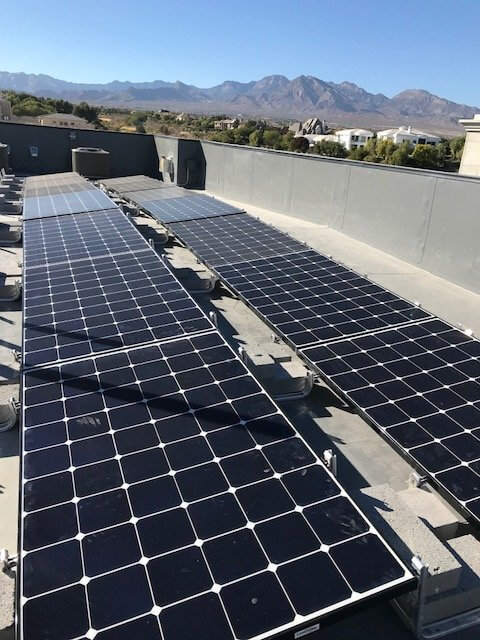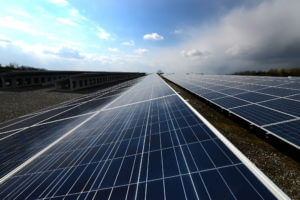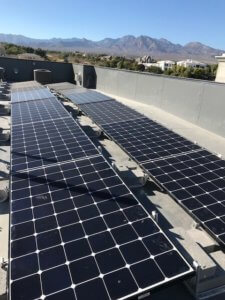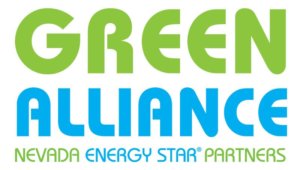
The Pros and Cons of Having Solar for Your Business
As businesses face rising energy costs and increasing pressure to adopt sustainable practices, solar energy has emerged as a popular solution. Installing solar panels can provide financial and environmental benefits, but it also comes with challenges that require careful consideration. Let’s explore the pros and cons of solar energy for businesses.
Pros of Solar Energy for Businesses
1. Reduced Energy Costs
One of the most significant advantages of solar power is the potential for long-term savings on energy bills. By generating electricity on-site, businesses can significantly reduce their reliance on the grid. In many cases, the cost savings over the lifespan of a solar panel system (typically 25-30 years) can outweigh the initial investment.
2. Tax Incentives and Grants
Governments and local authorities often offer tax credits, grants, and other financial incentives to businesses adopting solar energy. For example, in the U.S., the Investment Tax Credit (ITC) allows businesses to deduct a substantial percentage of installation costs from federal taxes.
3. Environmental Benefits
Switching to solar reduces a business’s carbon footprint, aligning with global sustainability goals. This move can enhance a company’s reputation, appealing to eco-conscious customers and stakeholders. Solar power also supports Corporate Social Responsibility (CSR) initiatives, demonstrating a commitment to combating climate change.
4. Energy Independence and Predictability
Solar energy can shield businesses from fluctuating energy prices and grid outages. For businesses in remote or unreliable grid areas, solar combined with battery storage offers a dependable energy source.
5. Increased Property Value
Investing in solar panels can boost a property’s value, making it more attractive to future buyers or tenants. This is especially relevant for businesses in real estate or those planning to lease out their space.
Cons of Solar Energy for Businesses
1. High Initial Costs
While solar systems ultimately pay for themselves, the upfront investment can be substantial. Costs include purchasing panels, installation, permits, and any additional equipment like inverters or batteries. For small businesses with limited budgets, this can be a significant barrier.
2. Dependence on Weather and Location
The efficiency of solar panels depends on sunlight availability. Businesses in areas with frequent overcast weather or limited daylight hours may not achieve the desired energy output. Additionally, roof space or land availability can limit the size of the solar array.
3. Maintenance and Lifespan
Although solar panels require minimal maintenance, businesses must still account for occasional cleaning, repairs, and eventual replacement of inverters and batteries. Over time, efficiency may decline, necessitating upgrades or replacements.
4. Energy Storage Costs
Solar energy production peaks during the day, which may not align with a business’s energy consumption patterns. While batteries can store excess energy, they are an added expense and have their own limitations, including a shorter lifespan than panels.
5. Regulatory and Permitting Challenges
Navigating the permitting process and compliance with local regulations can be complex and time-consuming. This is particularly challenging in regions with strict zoning laws or limited solar-friendly policies.
Conclusion
For businesses, solar energy offers a compelling mix of cost savings, environmental responsibility, and long-term benefits. However, the decision to go solar should be informed by a thorough analysis of costs, location-specific factors, and energy needs. Partnering with a reputable solar provider and exploring available incentives can help businesses maximize the advantages of solar while mitigating its drawbacks. Ultimately, adopting solar energy is not just a financial decision—it’s a strategic step toward a sustainable future.

 Next Post
Next Post





